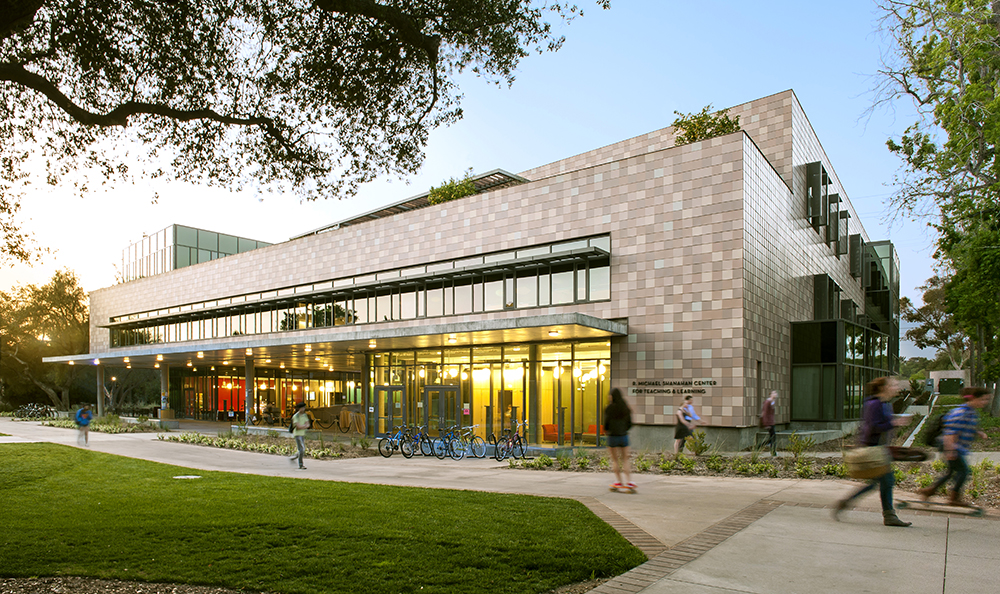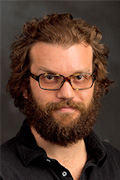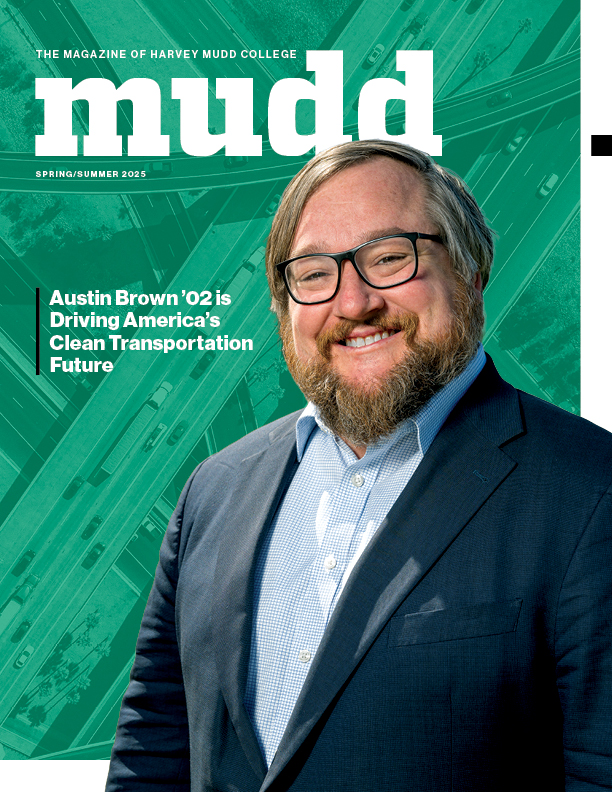Harvey Mudd Trustees Approve Spring 2021 Faculty Promotions
May 19, 2021
Promotions and tenure appointments for Harvey Mudd College faculty were approved by the board of trustees at its May meeting. Upon discussion and the recommendation of the Academic Affairs Committee, the board unanimously approved the following appointments.

Dagan Karp, a mathematics faculty member since 2008, received promotion to full professor. His research focus is algebraic geometry and Gromov-Witten theory, an interdisciplinary subject, intersecting algebraic geometry, theoretical physics and string theory. He has supervised students in this area as well as tropical geometry, classical algebraic geometry, commutative algebra and representation theory. Karp has a passion for civil rights, including gender equity, and is active in promoting diversity in and through mathematics. For more than 15 years, Karp has been active with the Society for the Advancement of Chicanos and Native Americans in Science (SACNAS) and is a founding editor of the E-Mentoring Network in the Mathematical Sciences blog hosted by the American Mathematical Society. He has served as associate dean for diversity and, in 2009, he launched Harvey Mudd’s first Seminar on Underrepresentation in the Mathematical Sciences and helped organize the 2011 HMC Mathematical Conference, which focused on broadening participation in the mathematical sciences.
Tenure and promotion to the rank of associate professor
Jason Gallicchio (physics) specializes in experimental cosmology—the study of the origin and evolution of the universe.
Appointed for second, two-year term as assistant professor
Nicholas Breznay ’02 (physics) is an experimental condensed matter physicist who studies emergent phenomena in quantum materials.
Leah Mendelson (engineering) studies biological and bioinspired fluid dynamics and imaging techniques for fluid flow measurement.
David Seitz (humanities, social sciences, and the arts), a critical geographer of liberal multiculturalism, investigates the cultural, political and affective dimensions of geographical processes,
Brian Shuve (physics) researches theoretical particle physics. He develops and studies new theories to explain mysteries of the universe, such as the nature of dark matter and why there exists more matter than antimatter.
